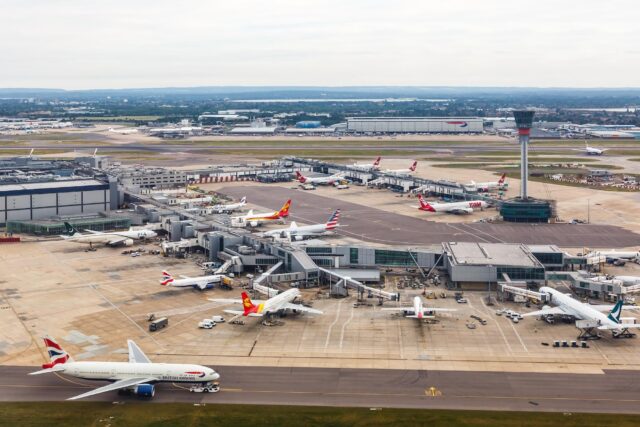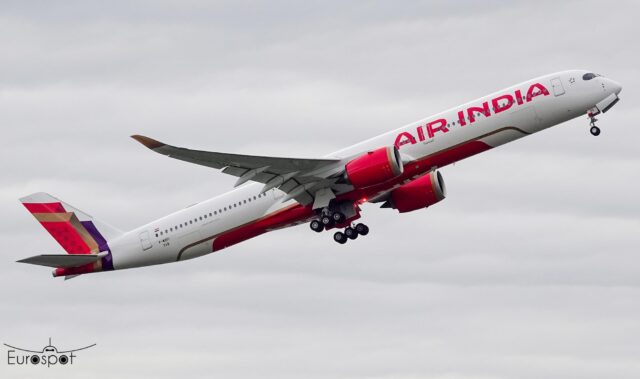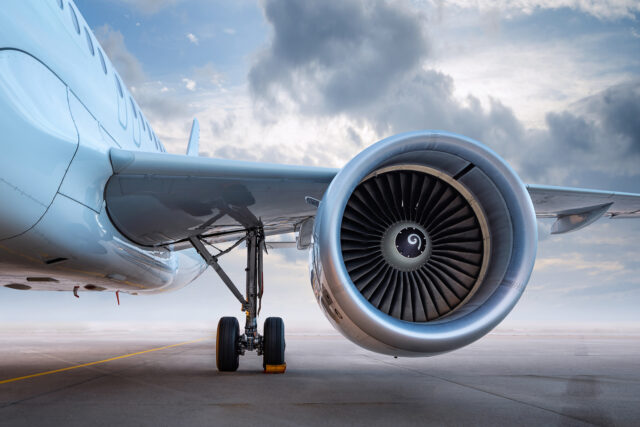Pilot error cited in Jeju Air crash that killed 179

July 21, 2025

Pilot error is being cited as the primary cause of the December 2024 Jeju Air crash at Muan International Airport in South Korea, in which 179 people lost their lives.
According to an interim report released by South Korea’s Aviation and Railway Accident Investigation Board (ARAIB) and reported on by local media, the aircraft’s captain mistakenly shut down the wrong engine after a bird strike, leading to a catastrophic loss of power.
The findings were presented to victims’ families during a private briefing at Muan Airport on 19 July, Reuters reported.
Investigators reportedly said that the aircraft’s left engine – still functioning at the time – was mistakenly turned off, while the right engine, which had been severely damaged after ingesting birds, continued to fail.

The ARAIB said this error caused a complete power loss and contributed to the aircraft’s landing gear failing to deploy properly.
Although the board had intended to publicly disclose the report following the family briefing, the announcement was cancelled after objections from relatives of the victims, media reported.
“The board is ignoring issues like the concrete slope at the runway’s end and possible mechanical defects, and is simply blaming the pilot, which we cannot accept,” one family member told the Chosun Ilbo. The Jeju Air pilots’ union has also criticised the findings.
The report is said to state that the aircraft struck a flock of wild ducks during its approach to Muan Airport on the morning of 29 December 2024.
Air traffic controllers had warned of bird activity at 8.57 am, and one minute later, the pilot reported a bird strike, declared a mayday, and aborted the landing.
A security camera filmed the aircraft coming close to a group of birds during a go-around. Both engines were examined, and feathers and bird blood stains were found on each.
Jeju Air crash report suggests wrong engine shut down
According to the report, the pilot can be heard on cockpit recordings instructing the crew to “shut down engine number two,” referring to the right engine.
However, flight data later apparently confirmed that engine number one was the one actually shut down.
Investigators said the left engine’s electronic control system was operating normally, and that no mechanical faults were found. The shutdown, they concluded, was the result of manual pilot input.

With the healthy engine shut down and the stricken engine lacking power, the landing gear could not be lowered. The aircraft landed on its belly, skidding down the runway and colliding with a concrete berm supporting an antenna array for the instrument landing system (ILS).
All 175 passengers and four of the six crew members perished in the tragedy.
Both engines had been sent to France in March for forensic analysis, and the findings presented in the interim report remain subject to further review.
Accountability for concrete structure still missing
While a potential mismanagement of the bird strike by the pilot was the reason the Jeju Air Boeing 737 crash-landed. However, without the concrete obstruction in its path, the aircraft may have simply slid off the runway and come to rest on the airfield grass.
Kim Kwang-il, a professor at the Department of Aeronautical Science and Flight Operation at Silla University, previously said that the emergency landing was conducted skillfully, and that he believed the landing would have been non-fatal if the berm was not in place.
David Learmount, an aviation safety expert, pointed out on Sky News that the aircraft was “still intact” after it touched down and remained so until it struck the barrier, then added: “That kind of structure should not be there. That is awful. That is unbelievably awful. To have a hard object about 200 meters or less into the overrun, I’ve never seen anything like this anywhere ever before.”\
Scientists in China have developed a type of concrete they call ‘marshmallow concrete’, which is designed to crumple on impact. Equipping airfields with this type of structure could prevent another Jeju Air tragedy.
















